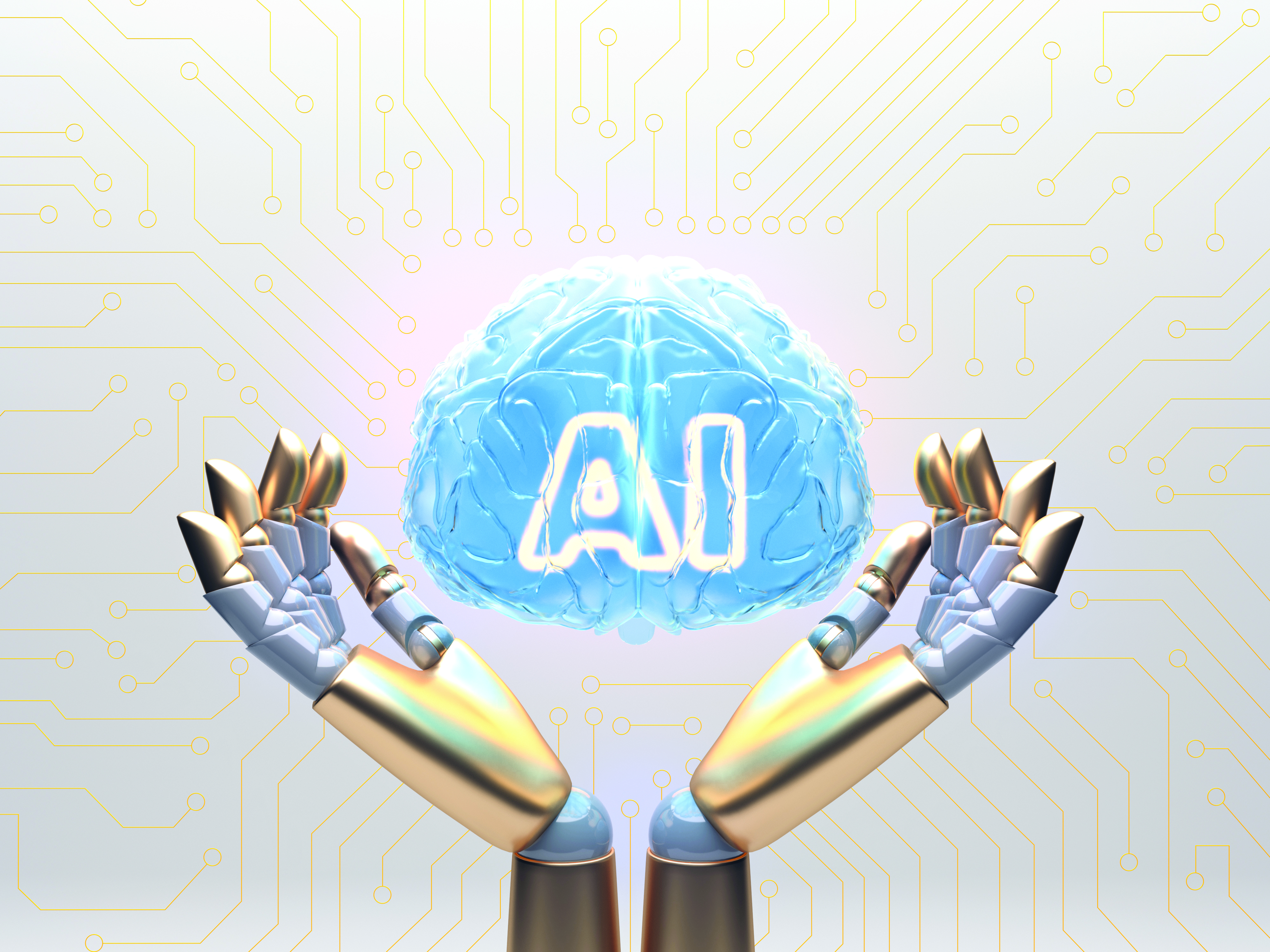Here’s how schools are getting AI-ready

The National Education Policy (NEP) 2020 has set the stage for integrating Artificial Intelligence (AI) into school curricula, heralding a new era in education. The move aims to leverage AI as a powerful tool to enhance education efficiency and personalisation and streamline administrative tasks, fostering collaboration between machines and teachers for optimal student outcomes.
“The school has been offering formal AI education for over five years, aiming to empower our students with a comprehensive understanding of the broader AI landscape. We not only teach our students to consume these technologies but also foster an environment that encourages them to appreciate the underlying principles and build projects of their own,” said Mark Nelson, Head of Technology at Shiv Nadar School.
He emphasised the significant challenges in AI implementation, citing data privacy and security as a foremost concern, particularly in safeguarding student data. “Protecting student data is a priority, and while the regulations and compliance are keeping up, the schools have a deep responsibility to examine data privacy and security with new-age solutions that are constantly evolving every day,” said Nelson.
Dr Skand Bali, principal, Hyderabad Public School (HPS), highlighted the transformative impact of technology on education at the institute. “HPS is now ready to embrace AI in the classroom. With teachers already benefiting from technology in various ways, it provides a wide range of advantages. Children at HPS are taught the basics of AI as part of digital literacy. It will enable them to appreciate the power of AI and help them build skills in understanding as the right foundations are built over time. One of our most notable initiatives is its ‘innovation centre’ for which the foundation stone has already been laid. We want to make learning AI great fun so that children can enjoy it, and they can evolve and learn,” he said. However, Dr Bali also mentioned that it is important that children should be aware of the ethical considerations involved and potential risks associated with its use.
In embracing AI, schools are not merely adopting a technology; they are cultivating a culture of innovation and ethical responsibility, ensuring that students are not just consumers but creators in the digital age. The journey toward an AI-integrated educational future is not without its challenges, but with collaborative efforts and a commitment to excellence, educators are shaping a future where students are empowered to thrive in an AI-driven world.



